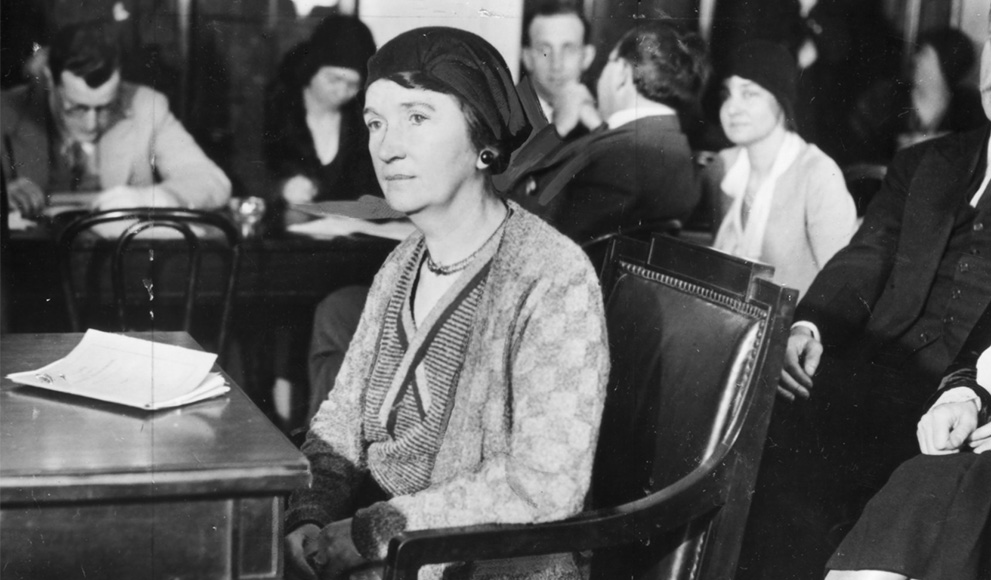Wellesley Professor Helps NPR Fact Check a Controversial Claim Made on the Presidential Campaign Trail

Retired neurosurgeon turned Republican presidential candidate Ben Carson created headlines this month when he told Fox News that Planned Parenthood puts most of its clinics in black neighborhoods to "control the population." He also stated that the organization’s founder, Margaret Sanger, "was not particularly enamored with black people" and stated that she believed in eugenics, drawing a comparison to Nazi Germany.
His comments, made in response to those who oppose his call to defund Planned Parenthood, were put to the test in an August 14 National Public Radio (NPR) Fact Check story, written by NPR News political editor Amita Parashar Kelly '06. Kelly interviewed Susan M. Reverby, Marion Butler McLean Professor in the History of Ideas and Professor of Women’s and Gender Studies.
"Was there overuse of birth control and sterilization in poor communities in some states? Absolutely,” Reverby said, but added, "It's a complicated story."
In the early 20th century, eugenics was a discipline championed by prominent scientists who believed the genetic features of a population could be improved through selective breeding and sterilization. People with "good" traits like intelligence, hard work, and cleanliness were encouraged to reproduce, while those with "bad" traits were discouraged. "Eugenics was taken to its horrifying extreme during the Holocaust, through forced sterilizations and breeding experiments," NPR noted.
In the 1920s, eugenics intersected with the birth control movement in the United States, and Sanger, who reportedly spoke at eugenics conferences, talked about birth control being used to facilitate "the process of weeding out the unfit [and] of preventing the birth of defectives."
Reverby, an historian of American health care and women's health, said "That Sanger was enamored and supported some eugenicists' ideas is certainly true," but she added that Sanger's main argument was not eugenics — it was that "people should have the children they wanted."
NPR also refuted another claim made by Carson; that most of Planned Parenthood’s clinics are located in black neighborhoods. The story cited a 2014 study from the Guttmacher Institute, a reproductive health research center, which surveyed all known abortion providers in the U.S. (nearly 2,000), including Planned Parenthood clinics, and found that 60 percent of those clinics are in majority-white neighborhoods.
Carson’s argument, the story explained, "is tapping into a more subtle sentiment — the targeting of African-Americans in health care systems. There have been documented cases of that happening, including the now-infamous Tuskegee study, a forty year U.S. Public Health Service research study in which African American men were led to believe they were being treated for syphilis, not just monitored. Reverby has written extensively about the Tuskegee study.
Read the NPR story, "Fact Check: Was Planned Parenthood Started to Control the Black Population?" on It’s All Politics, NPR’s political news blog.
